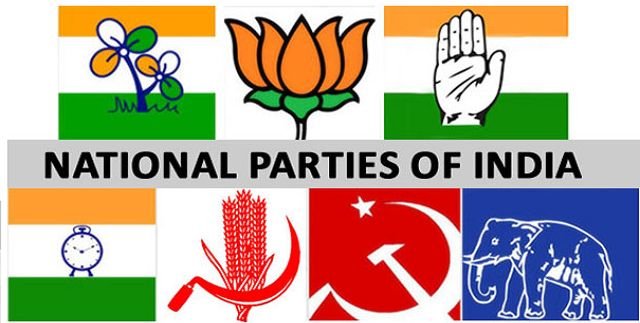In September 2018, the Supreme Court passed a verdict (Public Interest Foundation v. Union of India) with a suggestion for the Parliament to curb criminalisation in politics. It reaffirmed the grounds of disqualifications for Members of Parliament and Members of Legislative Assembly (MPs and MLAs) but said that they were in no position to add further grounds for disqualification. Furthermore, in November 2018 the Election Commission declared that candidates failing to put out advertisements listing their criminal records during electioneering could face contempt of court proceedings and those publishing wrong info about their rivals’ criminal antecedents could end up paying penalty for indulging in corrupt practices.
After the SC judgment, the poll panel in October made it mandatory for candidates contesting polls to advertise their criminal antecedents in TV channels and newspapers at least three times during electioneering. In addition to that, failing to do so would result in post-election action like election petition or contempt of the Supreme Court. Any candidate or voter of a constituency can file an election petition in the high court of that state challenging the election of the winning candidate.
the SC verdict did not specify where the said politicians need to advertise their criminal records – which means that they can choose to publish/advertise in regional newspapers in different languages or on channels with lesser viewership than most
There are however two starkly visible loopholes in this judgment: One, it only made it mandatory to mention cases that politicians have been convicted of, and not accused of or undergoing trial for. Second, the SC also did not specify where the said politicians need to advertise their criminal records – which means that they can choose to not publish/advertise on national dailies such as the Times of India or The Hindu
When I initially started researching for this article, it was almost impossible to find, on the first few pages of Google, a comprehensive list of election candidates and past convictions or current criminal proceedings against them. Given the grind of daily life, how many educated middle-class voters have the time to go through pages and pages of links that would give them the information they need? They’d rather go with whatever they already know of their leaders from mainstream media.

It’s prime election time and it’s necessary that the electorate have some form of knowledge and access to the records of leaders they intend to vote into power. For a first-time voter, or rather any voter, some statistics and rules for disqualification may prove useful in making a more informed decision. A few disqualifications for memberships include (Lok Prahari, through its General Secretary v. Election Commission of India and Ors):
- Holding any office of Profit under the Government of India (Art. 102. Constitution of India)
- Not a citizen of India or has acquired a foreign citizen (Art. 102, Constitution of India, similar provisions in Art 191 of the Constitution applicable to MLAs)
- Person convicted under Section 153A, 505(3) of the Indian Penal Code – inciting communal or sectarian violence (Section 8(1)(a) of the Representation of People Act, 1951)
- Persons convicted of bribery (17IE of the IPC), rape (376, 376A, 376B, 376C or 376D of the IPC), crimes against women (498A) (Section 8(1)(a), RPA)
- Untouchability (Protection of Civil Rights Act, 1955)
- Convicted under Narcotic Drugs and Psychotropic Substances Act
Promoting enmity between classes in connection with the election, removal of ballot papers from polling stations, booth capturing, fraudulently defacing or fraudulently destroying any nomination paper (S. 125, S. 135, S. 135A, S. 136(2)(a) of the RPA) - Conversion of a place or worship (S. 6, Places of Worship (Special Provisions) Act 1991)
- Conviction under Prevention of Corruption Act, 1988
A person convicted of any offence and sentenced to imprisonment for not less than two years shall be disqualified from the date of such conviction and shall continue to be disqualified for a further period of six years since his release.
As of December 2018, there are over 4,000 cases pending, of which 2300 cases are pending against current MPs and MLAs, and around 1700 are against former
The conviction rate in criminal cases against Indian politicians is just 6%. In 18 of 29 states and two of seven union territories, there were no convictions for criminal cases against MPs and MLAs. While some of their charges are minor, over 20
Also read: Why Do Politicians Get Away With Sexist And Misogynist ‘Rants’?
Till July 2018, Uttar Pradesh, Bihar and Maharashtra, all three BJP-ruled states, have the
